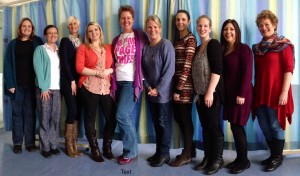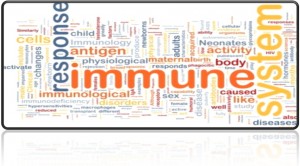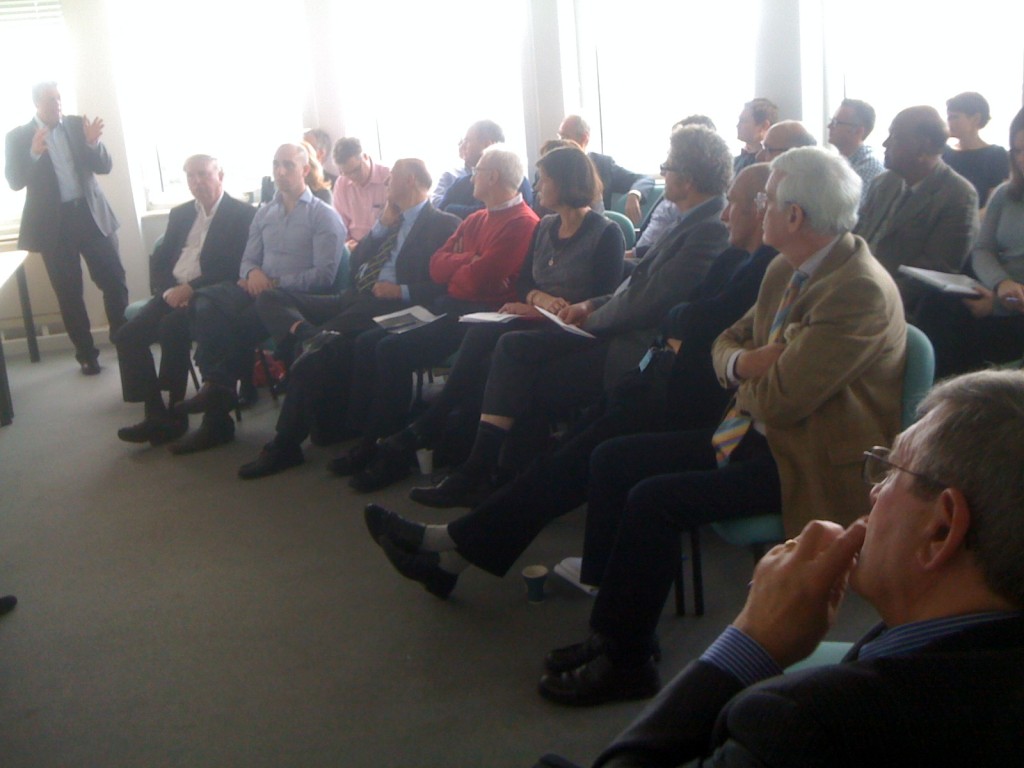 The following opportunities have been announced. Please follow the links for more information:
The following opportunities have been announced. Please follow the links for more information:
The AAL Association is pleased to launch the 2014 call Care for the future. The 2014 Call Challenge of the AAL Programme aims at funding the development and testing of ICT-based solutions in real life situations which enable and support sustainable care models for older adults. The scope and the application modalities will be presented during the Info Day of the Call, which will take place on 16 April in Brussels. Closing date 26/06/14, 17:00 (CET)
AHRC has announced an open call inviting Early Career Researchers (ECRs) to submit an Expression of Interest (EOI) to attend the Connected Communities Festival on 1st and 2nd July and a Research Development Workshop on 3rd July aimed at supporting ECR-led co-produced research projects of relevance to the Connected Communities Programme. Please note, attendees are normally expected to attend for at least three days, 1-3 July 2014, of the Festival in Cardiff. This call is open to early career researchers of post-doctoral (or equivalent) standing from a range of disciplines both within the arts and humanities and beyond, interested in contributing to the development of the Connected Communities Programme. Closing date 16:00 on 25/04/14
AHRC and the Design Council have been working in partnership over the past two years to demonstrate the key role design plays in creating economic benefits and social value in the UK, and to explore design research in UK universities and its connections with businesses and policymakers. They now wish to test some of these ideas in a study which will examine how businesses and public sector organisations in a particular location use design in their work, and what the impact of this is on their ability to innovate and their economic performance in the Bristol and Bath design research project. Funding of up to £750,000 is available on full economic costs basis with the AHRC meeting 80% of the FEC. Awards should last between 12 to 24 months and will be overseen by an independent steering group, established by the AHRC and the Design Council. Closing date 22/05/14.
As part of the BBSRC‘s 20th anniversary programme, the BBSRC is seeking to recognise the excellence of the UK bioscience research base as supported and championed by BBSRC and to provide a platform to demonstrate their support and pride for the research community. As such the BBSRC Anniversary Awards for Excellence in Bioscience and Bioscience Communication call is now open. These two awards will be awarded to up to four individual researchers, in recognition of outstanding scientific contributions to UK bioscience in fields within the BBSRC remit. An additional award will be made to an individual scientist or professional science communicator who has made a significant contribution by raising the level of debate about our bioscience research with the public. Up to £2,000 is available. Closing date 15/07/14 at 16:00.
BBSRC‘s FLexible Interchange Programme (FLIP) supports the movement of people from one environment to a different one to exchange knowledge/technology/skills, developing bioscience research/researchers and addressing our strategic priorities. FLIP awards provide flexible opportunities for individuals (“the interchangers”) moving between different organisations, disciplines and sectors at all stages in their career beyond the PhD (or equivalent). Closing date 16/07/14.
The EPSRC are supporting a number of Fellowships. From April 2013, a biannual process has been introduced with guidance in place to publicise the on-going refresh of thematic priority areas, aligned to fellowship start dates and the peer review process. Please refer to the Guidance for further details.
NERC has announced an opportunity within the UK International Ocean Discovery Program (UKIODP) for Site Survey Investigations (SSIs) and requests outline proposals from the UK science community for Ship-borne Site Survey Investigations (SSIs) and ‘Virtual’ SSIs (desk-based SSIs using already collected geophysical data requiring no extra ship-time). Full proposals will be invited following outline proposal evaluation. Closing date for outline proposals: 02/09/14 and for full proposals: 02/012/14.
The Royal Society‘s Brian Mercer Award for Innovation scheme is for scientists who wish to develop an already proven concept or prototype into a near-market product ready for commercial exploitation. The scheme provides an award of up to £250,000 (including VAT where applicable). Awards are not expected to exceed 24 months in duration. Closing date 23/04/14.
Linked to this is the Royal Society‘s Brian Mercer Feasibility Award, which is a scheme is for scientists who wish to investigate the feasibility of commercialising an aspect of their research. The scheme provides an award of up to £30,000 (including VAT where applicable). Awards are not expected to exceed 12 months in duration. This scheme is currently open to applications.
The Wellcome Trust Science Writing Prize 2014, in association with the ‘Guardian’ and the ‘Observer’, is now open. The winning articles from each category will be published in the ‘Guardian’ or the ‘Observer’. Winners will also receive a £1000 cash prize. Closing date 11/05/14.
Please note that some funders specify a time for submission as well as a date. Please confirm this with your RKE Support Officer.
You can set up your own personalised alerts on ResearchProfessional. If you need help setting these up, just ask your School’s RKE Officer in RKE Operations or see the recent post on this topic, which includes forthcoming training dates up to November 2014.
If thinking of applying, why not add notification of your interest on ResearchProfessional’s record of the bid so that BU colleagues can see your intention to bid and contact you to collaborate.









 Last week colleagues from BU’s
Last week colleagues from BU’s 










 REF Code of Practice consultation is open!
REF Code of Practice consultation is open! BU Leads AI-Driven Work Package in EU Horizon SUSHEAS Project
BU Leads AI-Driven Work Package in EU Horizon SUSHEAS Project Evidence Synthesis Centre open at Kathmandu University
Evidence Synthesis Centre open at Kathmandu University Expand Your Impact: Collaboration and Networking Workshops for Researchers
Expand Your Impact: Collaboration and Networking Workshops for Researchers ECR Funding Open Call: Research Culture & Community Grant – Apply now
ECR Funding Open Call: Research Culture & Community Grant – Apply now ECR Funding Open Call: Research Culture & Community Grant – Application Deadline Friday 12 December
ECR Funding Open Call: Research Culture & Community Grant – Application Deadline Friday 12 December MSCA Postdoctoral Fellowships 2025 Call
MSCA Postdoctoral Fellowships 2025 Call ERC Advanced Grant 2025 Webinar
ERC Advanced Grant 2025 Webinar Update on UKRO services
Update on UKRO services European research project exploring use of ‘virtual twins’ to better manage metabolic associated fatty liver disease
European research project exploring use of ‘virtual twins’ to better manage metabolic associated fatty liver disease